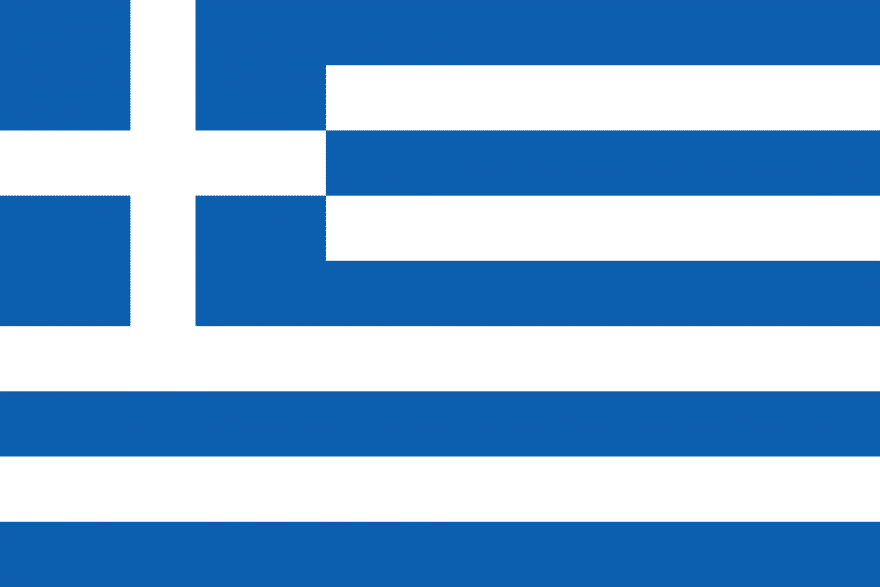
If there is any proof of the efficiency of the foreign exchange market it is the price action in the aftermath of the Greek election. Since the market opened, the euro has actually rallied, despite the anti-austerity parties winning.
Aside from an occurrence serving as proof that the Forex market is efficiently working as a news discounting mechanism, the price action this morning serves to display that there is no market place which is more liquid than foreign exchange.
The Swiss National Bank events from 10 days ago will remain in history, and will change the market landscape - no doubt. However, the foreign exchange market has remained the same; For experienced market professionals, there is no doubt that events like the one witnessed January 15th will occur.
Un-Grexit It: The Aftermath of the Greek Elections
The Grexit scenario has been circulating around for some time, and if we were to believe the words of both Greek and European politicians, it did seem like a somewhat plausible idea. At least until politicians on both sides of the isle started to step back a little from their hard lines and come to grips with reality.
Leader of anti-austerity coalition SYRIZA Alexis Tsipras said after his decisive win, “I want to assure everyone that the new Greek government will be ready to cooperate and negotiate with our partners for a mutual solution.”
Sounds somewhat different from the unilateral approach he has been taking throughout his election campaign.
European leaders are not taking a hard stance either, Eurogroup president Jeroen Dijsselbloem stated that he is open to discussions with the Greek government, while German foreign minister Frank-Walter Steinmeier shared, “We offer to work together with the Greek government, but we expect them to stand by agreements.”
A German government spokesperson stated that Berlin’s aim is to have a stable Eurozone with all members, including Greece.
An official statement issued by the International Monetary Fund reads, "We stand ready to continue supporting Greece, and look forward to discussions with the new government."
To sum up, the European leaders are keen to discuss some options for revising parts of the agreement with Greece. With the ECB standing ready to act in order to cut out Greek banks from funding at any time like it did in Cyprus, Tsipras has, in fact, little wiggle room if he really intends for Greece to stay in Europe.
We can’t be sure about his intentions yet, but the Greek people certainly want to remain Europeans, despite what their anti-austerity vote bought by populist promises has shown.
Euro Rates Steady
The forex market has been pricing in the Greek election outcome ever since it became known that a preliminary poll is on the line last December. The single european currency was at the time buying $1.25.
After the first vote in parliament for the ruling coalitions’ nominee on the 17th of December, the fortunes of the single currency shifted. In the subsequent two votes, Stavros Dimas did not get elected as President of Greece, as the governing coalition remained way short of the super-majority needed for the election of a new president.
Coincidentally or not, the last single currency downturn started on that day of the first vote in the Greek parliament.
Granted, it wasn’t only Greek uncertainty that was pushing the euro lower, as the expectations for an ECB quantitative easing program were growing as well, but the market was discounting both perspectives at the same time.
A German institute IFO economist said, “Greece has not yet had an effect on the German economy, we will have to monitor further developments.”
At the same time, a Standard Chartered research note explained, “Euro-area membership remains popular in Greece, so a ‘Grexit’ decision remains unlikely. However any default on EU debt would jeopardize Greek Banks’ access to ECB Liquidity and could ultimately lead to a ‘Grexit’.”
“We think this is a low-probability risk,” the Standard Chartered economists concluded.


















